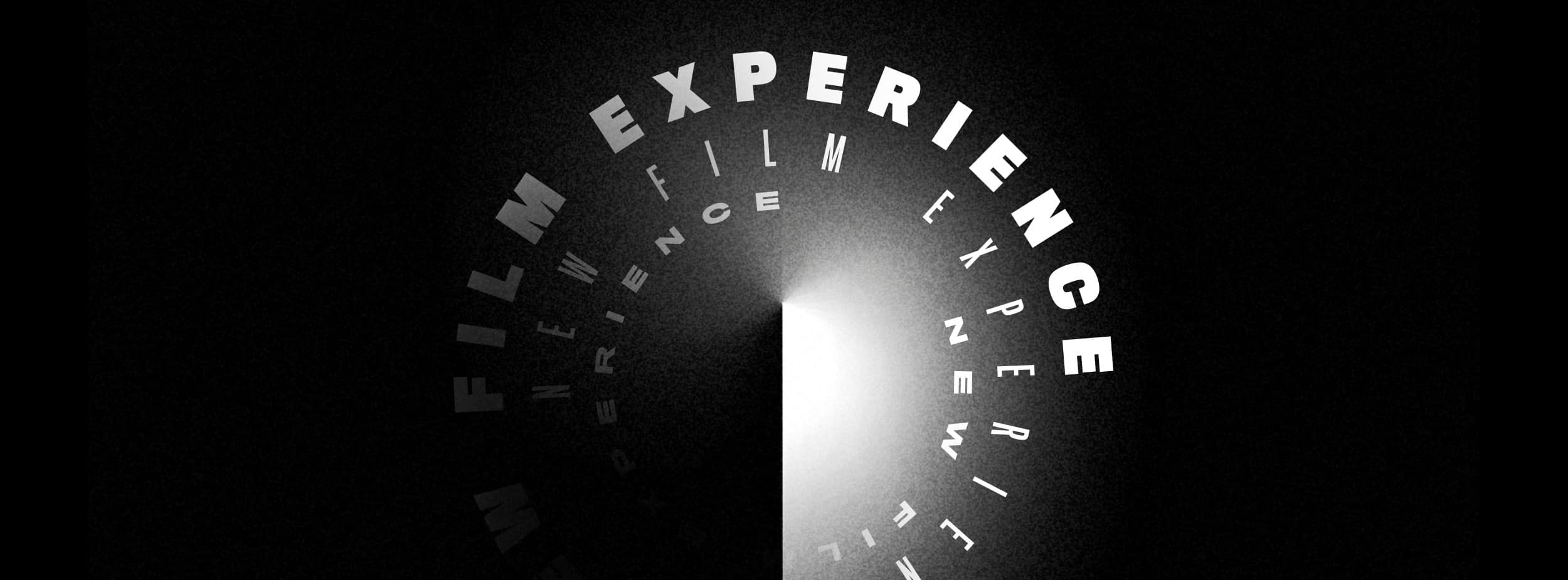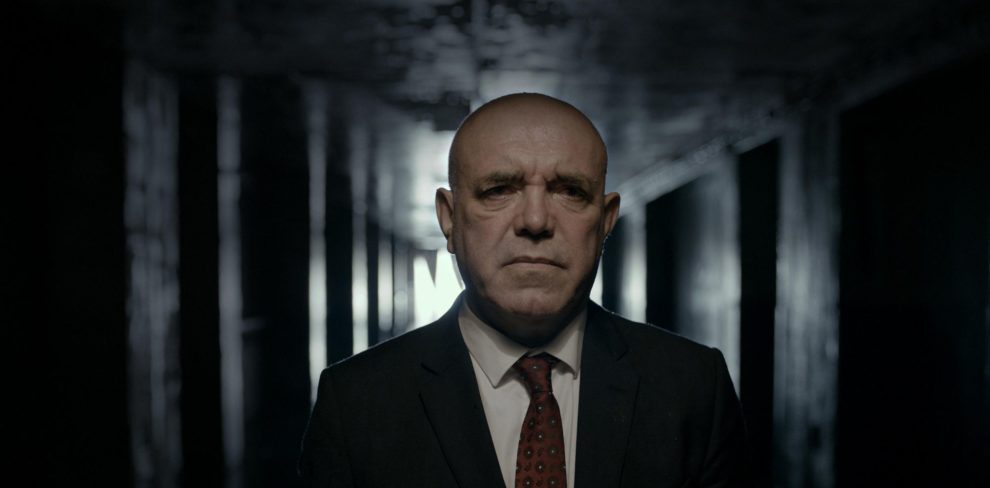Being approachable and authentic is one of the key features of being a successful politician, sometimes even more so than actual expertise. The phrase “You know me”, which was an actual campaign slogan by German chancellor Angela Merkel at one point, emphasizes this understanding you know this person which smiles at you from the poster, the TV screen or any other campaign ad, implying a certain connection to the public. However, as with every kind of advertisement, it is an image that is being sold, rather than the actual person, a policy if you will which might even be detached from the man or woman that you see on the ad. This fascinating combination of image and identity that takes place here is one of the key themes in Ercan Kesal's directing debut “You Know Him”, a feature exploring the machinations and image-building mechanisms in politics.
“You Know Him” is screening at International Filmfestival Mannheim-Heidelberg

At the center of the story, we find Dr. Kemal Guner (played by Kesal himself) who runs a private hospital in one of the many districts of Istanbul. Since he has a good relationship to his patients and they trust in his expertise, he has decided to become a candidate in the next election for district mayor. However, since he is still an outsider in Istanbul's political circles, he has been campaigning for many months in order to build an image and hopefully convince the leaders of the party, especially “Number One”, a highly influential and experienced party member. Meanwhile, Guner and his team have been working tirelessly, shaking hands with the right people and promising potential voters free treatments – a promise which has already taken its toll on Guner's finances and the relationship to the hospital staff.
But then again, the news of bounced checks and unsatisfied staff members are small compared to the possibility of “Number One” being at an event staged by Guner in the evening, a hint that there will be a major announcement concerning the candidate of the party. As preparations take place to make the event a success, Guner receives a glimpse how his image and his actual personality differ, especially upon realizing the elders of the party do not seem to think highly of the doctor. The doctor becomes entangled in the contrast of image and the actual person, and the banquet slowly turns into a full-blown disaster.
If there is one aspect the audience should take away from a feature such as “You Know Him”, it is the way Kesal's direction and script explore the issue of identity and image within the field of politics. Unrelated to his cultural background, Guner is one of those public figures you think you know, or rather whose whole campaign revolves round the idea of being exactly the person you think he is. In one of the key scenes, Guner and his teams are arguing with two designers of their homepage about the new campaign slogan “You Know Him”, which is supposed to be less problematic and more flashy than “The doctor is the cure”. However, the person seen in the collage of photographs represents a different person, an image which Guner looks at, seemingly in awe, contemplation or fascination, a quick moment of silence and reflection before it is right back to playing the character whom he has seen on the big screen. Guner represents those public figures trying to bring together image and persona, but you quickly get the idea the gap between the two is too huge to bridge.
Another important aspect of “You Know Him” is how Kesal manages to balance his responsibilities as director, writer and playing the main character. Guner seems like a man who is more comfortable wearing scrubs than the suits of a politician, more at ease talking about actual policies and topics than going through the obligatory spectacle and hand-shaking demanded of him during his campaign, a condition which has taken its toll on the character, who seems to come increasingly close to his breaking point. Kesal presents this conflict as a process of slow corrosion which eats away at one's personality but also exposes some rather problematic character traits.
Nevertheless, the person cannot be blamed for the impossibility of bridging the gap between image and identity, since the problem is already inherent in the world of make-believe that is politics. Apart from narrow-mindedness and corruption, it is the lack of depth which results in the personal crisis of the central character. The commercialization of politics favors product and image, gestures and poses rather than actual contents, which is why when Guner starts talking about the issues he wants to tackle, no one listens or his voice is overpowered by other noises. In these scenes, Barbu Balasoius' cinematography highlights the rising tension within the main character, the contrast between the world he wants to be part of and the person he actually is.
“You Know Him” is a powerful and quite acidic look at the machinations of modern politics, its obsession with image and problematic relationship with reality. Ercan Kesal has managed to direct a highly ambitious blend of drama and satire, exposing the chasm between the person and the figure smiling from a campaign poster.















